Australia/Israel Review
Religion and Politics in the holy city
Sep 27, 2018 | Maayan Jaffe-Hoffman
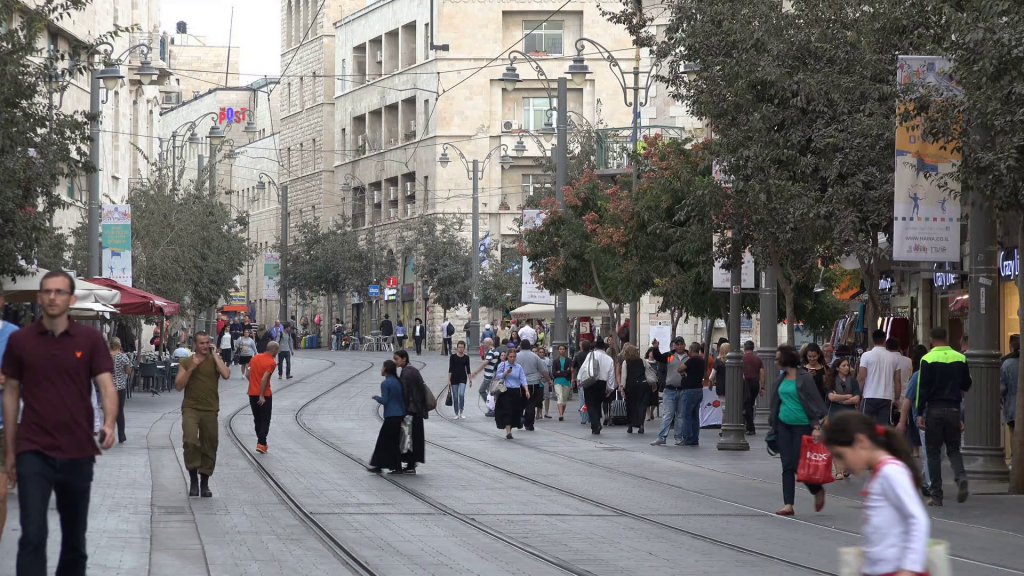
The late Jerusalem Mayor Teddy Kollek used to say that if one wants to uproot and replant a tree in Jerusalem, it might require the UN Security Council. He was not exaggerating.
Jerusalem is important to three of the world’s major religions: Judaism, Islam and Christianity.
The largest city in Israel with approximately 1 million residents, it is also a bastion of coexistence, where Arabs and Jews frequent the same streets, shop in the same malls and work in the same stores. And it serves as a litmus test for the rest of Israel – and the world.
By the end of October, Jerusalem will also have a new leader.
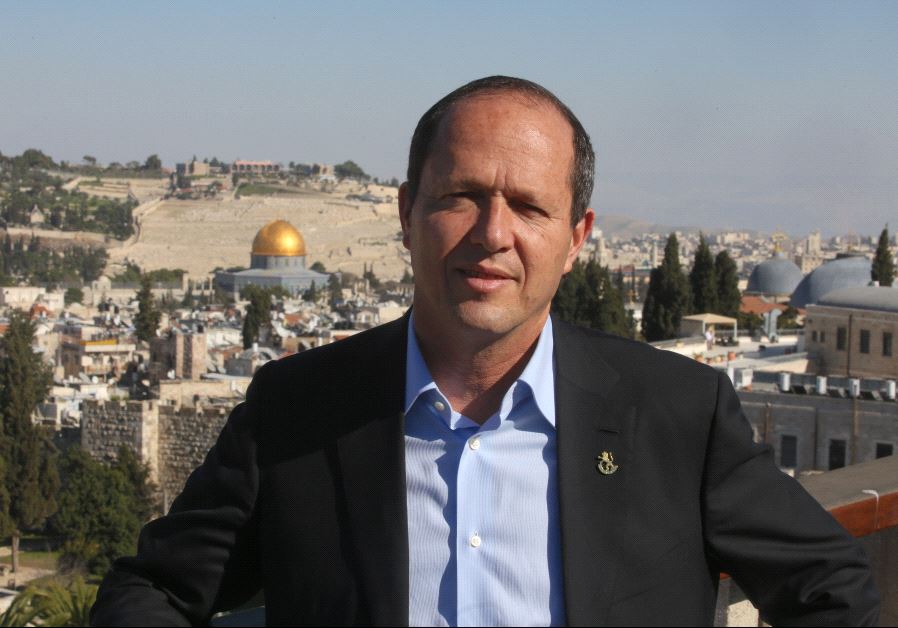
Mayor Nir Barkat
Mayor Nir Barkat will enter national politics, leaving a vacancy at City Hall in Safra Square in downtown Jerusalem, overlooking the Old City walls. Already there are a record eight candidates running for mayor. At least one more is expected to throw his hat in the ring by the Sept. 28 deadline heading towards the Oct. 30 election.
Peggy Cidor has been covering Jerusalem and its mayors for more than two decades, including the races and reigns of Uri Lupolianski, Ehud Olmert – both of whom wound up in jail for corruption offences – and Barkat. She sat down with me to help analyse the race.
“Jerusalem is crucial and important,” said the veteran municipal-affairs correspondent for the Jerusalem Post. “Whatever happens in Jerusalem will happen in a decade or less in the rest of the country.”
Ultra-Orthodox divisions
Haredi (ultra-Orthodox) Jews make up 39% of the Jewish population of Jerusalem, which means “you cannot really win a race in Jerusalem” without the support of the haredim.

Deputy Mayor Moshe Lion
At the outset of the race, it seemed that Deputy Mayor Moshe Lion would get the ultra-Orthodox vote.
Lion moved to Jerusalem from Givatayim six years ago, convinced he would beat Barkat for the top seat, thanks to wide-spread support by the haredim. But when the large Gur Chassidic sect shifted its support to Barkat, Lion failed. Now he is running again.
Early reports showed Lion as a top contender, yet today, “his chances are not very high,” said Cidor, citing polls giving Lion 11% of the vote.
What changed is that the haredim are now considering running their own candidate: Yossi Daitch (United Torah Judaism party), a deputy mayor representing the ultra-Orthodox list on the City Council.
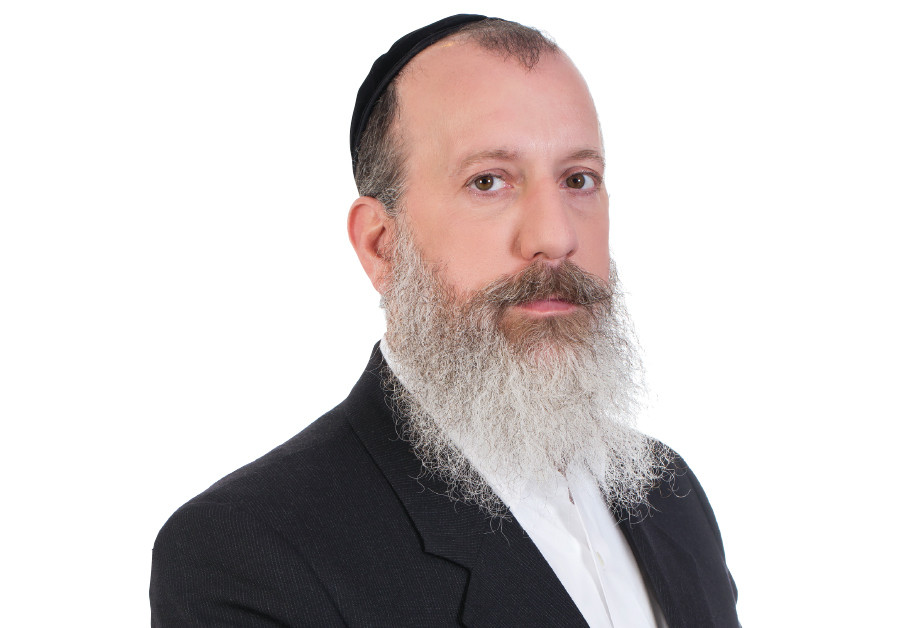
Deputy Mayor Yossi Daitch
Daitch wants to run, but up until now, he has only secured support from Jerusalem’s Hasidic sects. The Lithuanian non-Hasidic majority of the ultra-Orthodox sector has not yet put their votes behind him, and he is “sweating blood and tears to obtain that support,” according to Cidor.
It used to be that a major rabbi would endorse who to vote for, and their followers would agree; however, as is being demonstrated, “the era where everyone stands up and does what one of the rabbis says is over,” she said. “If Daitch enters the race, Lion has no chance.”
If he does not enter, however, Lion remains a top contender.
There is another haredi candidate: Chaim Epstein from the radical Peleg Yerushalmi faction that has repeatedly shut down Jerusalem’s streets to protest Israel’s controversial new haredi draft law.
“He is not even dreaming of being mayor,” said Cidor, explaining Epstein’s goal is to ensure a seat on the city council – he has one seat now and is a member of Barkat’s coalition – so his sector can obtain the policies and benefits it wants, such as more synagogues and schools.
Cidor said many are “afraid” of an ultra-Orthodox mayor taking office.
“It is just the image,” she said. “Daitch is a nice person, very honest and dedicated. If he is elected, I would say he has one of the highest chances of giving Jerusalem clean streets, for example. But we all know the population will focus not on what he is doing but what he is wearing.
“He told me, ‘Try to judge me by what I do and not what I wear,’” said Cidor. “But we’re not there in Israel; stereotypes still direct our lives.”
A cacophony of candidates
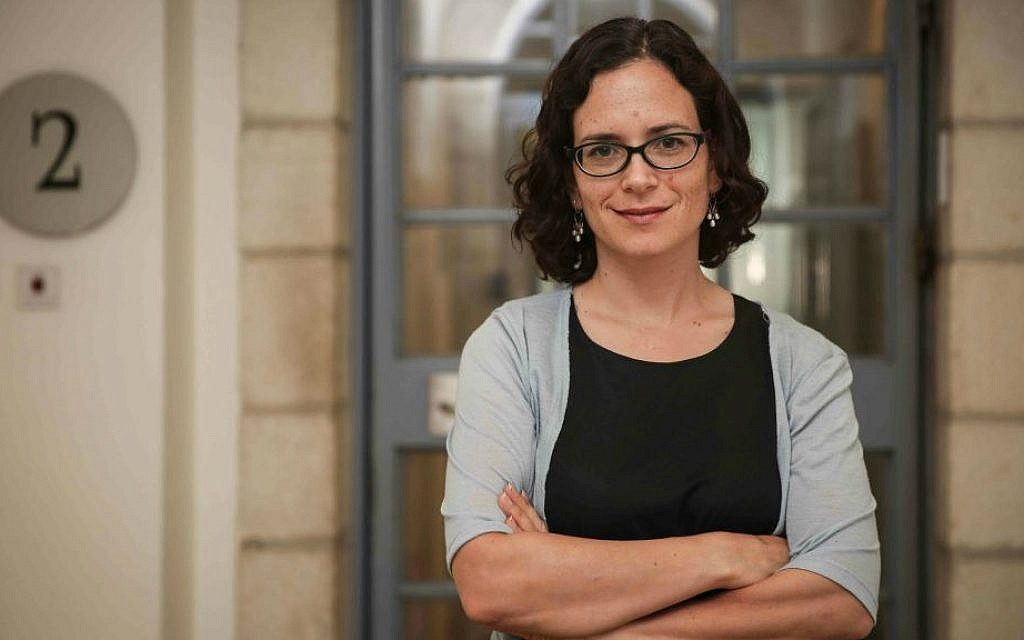
Knesset member Rachel Azaria
That is the reason the first-ever female candidate for Jerusalem mayor might not make it into office. That – and the fact that Rachel Azaria (Yerushalmim party) has aggravated the haredim.
Azaria could have been a success story, but she angered much of her constituency when she abandoned City Hall for the Knesset in 2015, gaining a seat for the new Kulanu party.
“I’m convinced she came back to Jerusalem not only because of nostalgia, but [because] her future with her Kulanu Party was blurred, to put it mildly,” said Cidor.
While her chances of becoming mayor are slim to none, she has a fair chance of obtaining two or three city council seats. Since she announced she was coming back to Jerusalem and running, she stands at 6% in the polls.
Azaria represents pluralist Jews, but with a little extra emphasis on the Modern Orthodox sector. The haredim don’t like her.
“She has conducted a few struggles against the ultra-Orthodox, and they don’t forget,” said Cidor. “She is a red flag for the ultra-Orthodox, and you cannot really win a race in Jerusalem if you are the number one enemy of the ultra-Orthodox. They will do anything to stop her.”
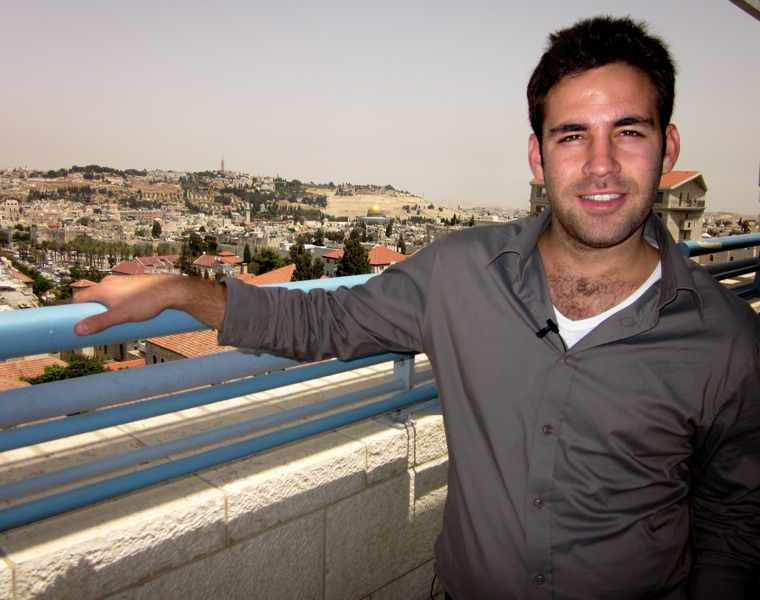
Ofer Berkovitch
In contrast, the 36-year-old Ofer Berkovitch (Hitorerut party) is “a young promise of a new dawn,” said Cidor, who said polls show Berkovitch coming out towards the top – if not winning the election.
Berkovitch represents the secular, traditional and mildly religious pluralistic sector of the city, and he is the “default choice” for many people who don’t want Lion, wouldn’t vote for a haredi candidate and are afraid of mayoral prospect Ze’ev Elkin. “He is smart and very popular,” said Cidor.
Elkin, on the other hand, is those things and more, according to Cidor, who says the candidate is on a “personal political mission” from Israeli Prime Minister Binyamin Netanyahu, who believes in a unified Jerusalem and thinks Elkin can achieve it for him by pushing for his plan to split off several Arab neighborhoods beyond the West Bank separation barrier from the Jerusalem municipality.
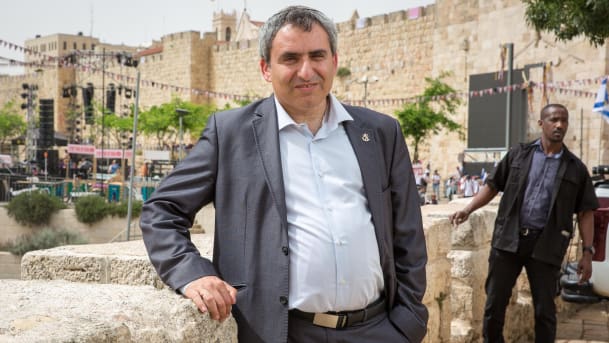
Cabinet Minister and MK Ze’ev Elkin
“Elkin has been clear: Arabs can live in Jerusalem – not Palestinians,” said Cidor.
Elkin is currently a Likud Knesset member and the Minister for Jerusalem Affairs and Environmental Protection.
Two other Jewish candidates are on the ballot: First, Avi Salman, a young lawyer, once a close assistant to Barkat and today a loud critic of the way he handles municipal issues. He, like Berkovitch, is 36 years old. He is the only candidate to include a disabled woman (No. 3) on his list.
However, Cidor said, “Salman is a bad joke.” Most polls do not give him more than 4% of votes, but he has refused so far to withdraw from the race or to join another candidate.
The other candidate is Yossi Havilio, a former municipal legal adviser who also has no chance of becoming mayor and knows it himself, with polls showing him at about 4 or 5%. It is likely that Havilio will join Berkovitch.
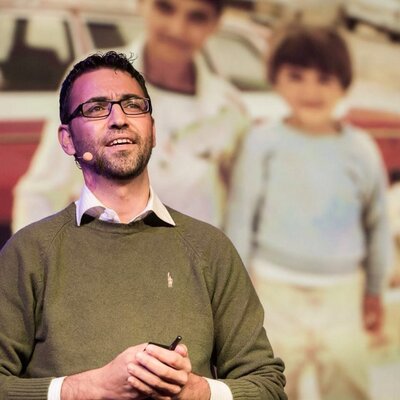
Aziz Abu Sarah
One Arab candidate is in the running: Aziz Abu Sarah, a Palestinian entrepreneur and CEO of a travel company, who has thrown his hat into the ring at the head of a newly formed list called Al-Quds Lana. However, like 90% of Arabs in eastern Jerusalem, he is a resident but not a citizen. Under the law, only Israeli citizens can be mayor of Jerusalem. Abu Sarah plans to sue in the High Court of Justice to have that law changed.
Arab residents have boycotted municipal elections since 1967 because they oppose the city’s unification. Sheikh Mohammed Hussein, the mufti of Jerusalem, issued a fatwa (Islamic edict) forbidding eastern Jerusalemite Muslims from voting. However, a recent survey conducted by a Palestinian polling company found that 22% of that sector would like to vote.
In the last election in 2013, fewer than 2% of eligible eastern Jerusalemites voted.
Cidor said that in the recent past, Palestinians who thought about running for City Hall would have their lives threatened. Today, this is no longer a fear.
‘Too early to tell’
Cidor does not know who will win, of course, but she predicts that Havilio will join Berkovitch and Daitch will decide to run, causing Lion to withdraw. Azaria, she said, will run to the end, but she believes rumours that the female candidate has already worked out a deal with Elkin that if he wins, she will join his coalition and receive the position of deputy mayor.
In Jerusalem, there can be up to eight deputy mayors. Plus, if no one has a majority after the first round of voting, a runoff is initiated.
“The final top candidates will be Berkovitch versus Elkin,” predicted Cidor, noting that Elkin is the right-wing candidate and Jerusalem is a right-wing city.
“Is that enough to bring him into office?” she posed. “It is too early to tell.”
Maayan Jaffe-Hoffman is a staff writer for the Jewish News Syndicate and formerly served as editor-in-chief of the Baltimore Jewish Times and Director of International Communications at the Israel Democracy Institute. © Jewish News Syndicate (www.jns.org), reprinted by permission, all rights reserved.
Tags: Israel






